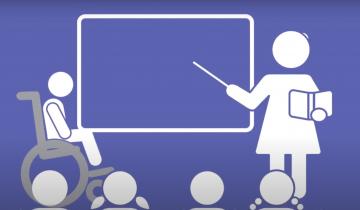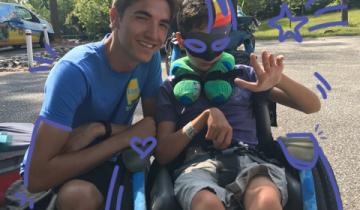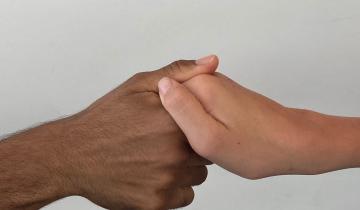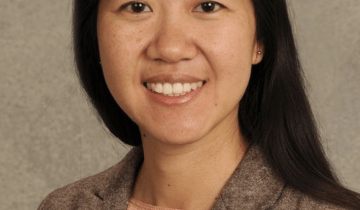Speech impairments like dysarthria are common in children with cerebral palsy (CP) which can greatly affect participation across environments. Our study examined how speech impairment severity changes over time in 101 children with CP at 4, 6, 8, and 10 years of age.
Students with disabilities often need extra support throughout the day to access their environment, the academic materials, and learn alongside their peers. A Personal Care Attendant in the school setting is often utilized to support the students needs.

Children and teens with cerebral palsy and other disabilities may need the assistance of an individual who has a background in healthcare and the skills to provide the services essential to quality care.

An employment agreement spells out the rules, rights and responsibilities for both the Personal Care Attendant (the employee) and the individual with cerebral palsy or family who is hiring the Personal Care Attendant.

On this episode, I have the honor of talking with Wendy Pierce, MD, a pediatric physiatrist at Colorado Children's Hospital about physiatry, also known as Physical Medicine and Rehabilitation. This fantastic field of medicine can be helpful for individuals with cerebral palsy across with lifespan, but it has a confusing name and sometimes a confusing job description. So we set out to help listeners better understand what a physiatrist does.

